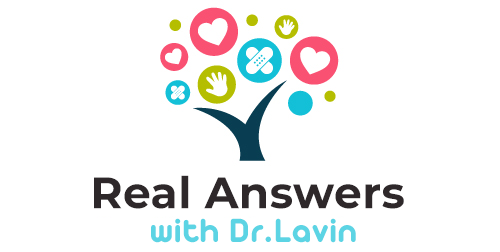More evidence that Vitamin D does not deliver
The New England Journal of Medicine in October, 2015 published an important study on an interesting claim that Vitamin D has made for several years.
Some years ago, the case was made for Vitamin D being an extremely important chemical in a wide range of body functions. Even more, that taking extra Vitamin D, boosting one’s levels, could deliver a very wide range of substantial health benefits. These included stronger bones (less osteoporosis and bone fractures in old age) and a reduced chance of developing a rather breath-taking range of very scary diseases, including diabetes, multiple sclerosis, and colon cancer. When these fairly well thought out claims were first proposed, we recommended use of supplemental Vitamin D pending further findings.
At the time we observed that some skepticism was in order, as only one vitamin in the last 100 years has actually been shown to offer any benefit when taken in supplement form. Folic acid when taken by women of child-bearing age sharply reduces the chance of an infant developing spinal cord anomalies and may sharply reduce the chances of autism. But that’s it. Taking any other vitamin has panned out to be a complete waste of time, and in most studies associated with poorer health.
So we have monitored the literature on Vitamin D, hoping it would join folic acid as a helpful supplement, but concerned the odds were against it.
Since that time, the further findings have been universally disappointing for Vitamin D supplementation. Now abundant results clearly show taking Vitamin D or calcium- by pill or milk- has no impact on bone. Elders who take or don’t take Vitamin D and/or calcium have the same risk for bone fractures when falling, and no difference in bone density.
Now comes the New England Journal of Medicine to look at the impact of taking Vitamin D on disease prevention, in this case colon cancer. After studying thousands of cases, the evidence is clear, Vitamin D has no impact on the chance of developing colon cancer. This is a very serious blow to the idea that taking extra Vitamin D can prevent illness, certainly colon cancer.
Our recommendations at this time remain that vitamins should be obtained by eating food, not taking pills. The only exception is folic acid, from the first period to the last period, women should take 400 micrograms of folic acid. This is the only way that one can be sure the embryo is exposed to levels of folic acid high enough to prevent spina bifida, and perhaps autism.
To your health,
Dr. Arthur Lavin
*Disclaimer* The comments contained in this electronic source of information do not constitute and are not designed to imply that they constitute any form of individual medical advice. The information provided is purely for informational purposes only and not relevant to any person’s particular medical condition or situation. If you have any medical concerns about yourself or your family please contact your physician immediately. In order to provide our patients the best uninfluenced information that science has to offer,we do not accept samples of drugs, advertising tchotchkes, money, food, or any item from outside vendors.








No comments yet.